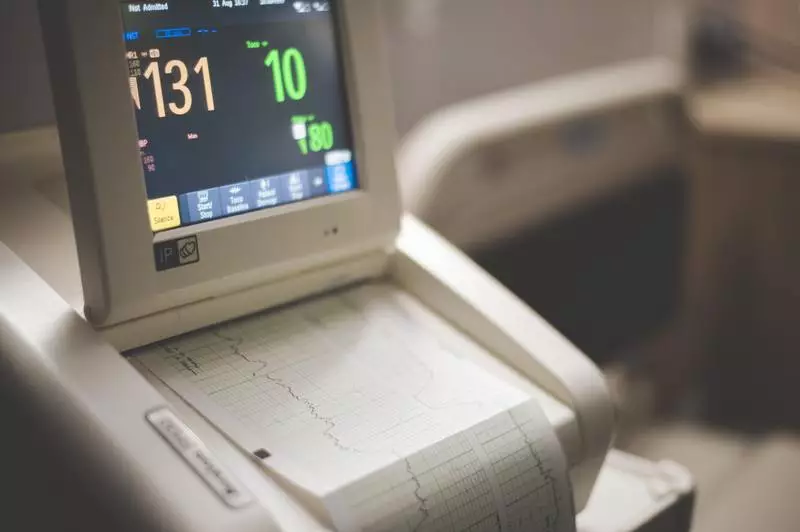Benzodiazepines, or benzos, are a type of prescription medication usually used to treat conditions like epilepsy, anxiety, and insomnia. When taken as prescribed and for a shorter period of time, benzos are safe drugs. They can provide significant relief for the symptoms they treat. Yet, benzos carry a risk for addiction and other health complications, especially when used over time. So, do benzos increase heart rate?
Can Benzos Cause Heart Problems?
Benzos, such as Xanax, typically have a sedative effect on the central nervous system. That is why they are often prescribed to people who have anxiety and panic disorders. They tend to work to calm the function of the brain, breathing, and heart. In some cases, Xanax can help to reduce hypertension or high blood pressure. In that way, it works to reduce the workload of the heart rather than increasing it.
But, can benzos increase heart rate? When a person takes a high dose of benzos, they may develop numerous complications to their health. That may include sedation and hallucinations in some cases. Other times, a person may feel super slowed heart rates that can trigger a serious heart arrhythmia. There are some instances in which it can cause a rapid increase in heart rate, especially when the drug is taken in high doses.
Everyone’s reaction to benzos may be a bit different. For those who feel a sudden increase in heart rate when taking this drug, speaking to a doctor is critical to understanding what is happening in your case. In short, it should not be occurring. More often, benzos slow down the function of the heart and can cause symptoms such as low blood pressure and weakness.
How Do Benzos Work?
Benzos are very effective at helping with numerous types of health conditions because of the way they work. Xanax activates gamma-aminobutyric acid (GABA) in the brain. This is a neurotransmitter. When present, this helps to calm the central nervous system, slowing its function. The central nervous system controls many of the other areas of the body, including the beat of the heart, the rate at which a person breathes, and the onset of conditions like seizures and muscle spasms.
Keep in mind that benzos also create a high or a euphoric state that can create other sensations. For example, many people taking these drugs feel an intense, calm, and relaxing high. Some people may have other experiences, including intense hallucinations, which in themselves can cause an increase in a person’s heart rate.
If you do not have a prescription for benzos, there is no safe level of this drug to consume. It can interfere with most of your body’s functions and can lead to intense symptoms, including irritability, depression, blurred vision, and sedation.
What Are the Long-Term Effects of Benzos?
Most often, those who are using benzos do so under the direction of their doctor. This usually includes the smallest dose of the drug possible, and it is often used for the shortest time possible to minimize the long-term development of complications. Still, there are some noted effects of benzos when taken over a long period.
Long-term benzo use may cause a number of potential concerns, such as:
- Cognitive impairment:A slowing of the function of the brain may become common. This could impact motor coordination, reaction time, memory, and other factors. Some people see a significant decline in their ability to make decisions.
- Blood clots:The slowing of the function of the heart could lead to an increased risk of blood clots. These can travel to various areas of the body, including the brain, increasing the risk of strokes in some people.
- Kidney and liver concerns:In some cases, there may be negative effects of these drugs when taken over a long period of time on both organs. Careful monitoring of them is critical.
Another core concern is tolerance. Over time, a person’s body may become used to these drugs so much that it leads to the need to use more for effectiveness. Other times, this may mean that symptoms being prevented – such as seizures and panic attacks, can return.
Addiction is a big risk factor for the consistent use of benzos as well. It is critical for patients to pay close attention to their use of these drugs to minimize this risk. Following a doctor’s prescription requirements is one way to do so. Monitor for signs of addiction, such as the onset of cravings or withdrawal symptoms when you stop using the drug.
Get Help for Your Loved One Facing Addiction
If your loved one has used benzos for a long time or may no longer be following their course of treatment, it may be due to the development of addiction and dependence. Give our admissions team a call at (866) 971-5531 to learn how addiction treatment can help.
Jump to a Section
Call (855) 425-4846
